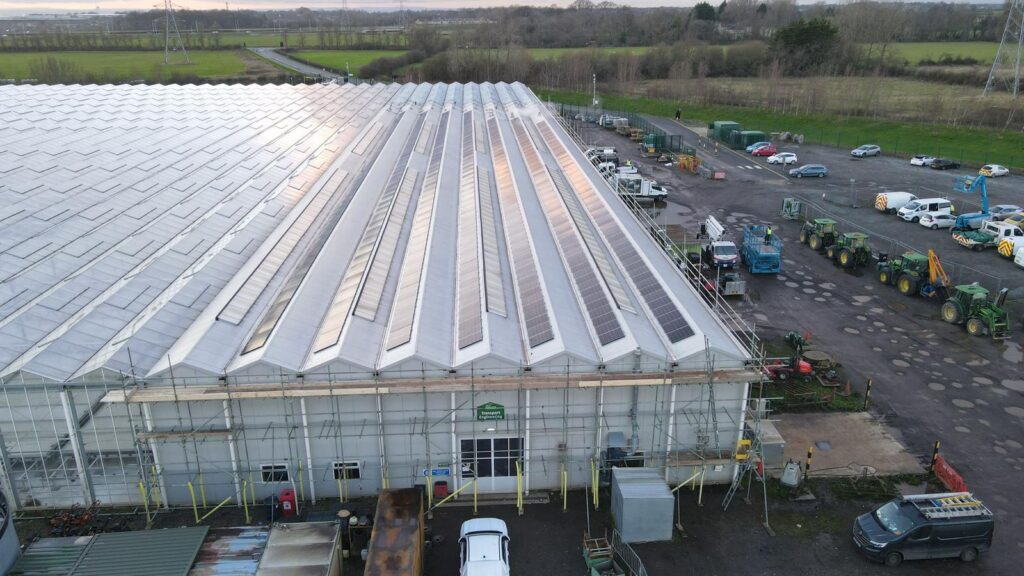New survey of the most digitally connected generated ever identifies urgent need for new digital infrastructure, teaching models and strategies in higher education
Today’s teens are most digitally connected generation ever. Generation Alpha – born between 2010 and 2024 – have grown up intwined in the digital world, with iPads and Instagram part of the everyday furniture. They were taught online during the pandemic and are now often largely self-taught, quick to find the answers to any query on ChatGPT, TikTok or YouTube.
Photo by Johnny Cohen / UnsplashThis tech native savvy, this familiarity and expectation of tech, will present a range of challenges when the first Gen Alpha students get to university in 2028.
A new report, Generation Alpha – coming to a university near you, published by tech platform AppsAnywhere and the Insights Family aims to outline the issues, which include adapting digital infrastructure across higher education and revising teaching models and strategies.
The findings are based on a survey of 2,435 UK students aged between 12 and 16. Of these, 71% want to attend university – almost double the 36.4% entry rate for 18 year-olds in 2024.
An even greater proportion of those surveyed, 75%, believe that technology is crucial to their future success. That link between tech and success can be seen more evidently in the huge proportion – 92% – who expect universities to provide or loan learning devices to student and 62% expecting high speed Wi-Fi across campus.
The majority, 56%, also prefer hybrid learning – a mix of in-person and remote sessions using technology. Some 27% said they would like to be taught entirely through remote learning and just 18% expressed a preference for campus-only, in-person learning. Survey respondents clearly favour online video as ‘edutainment’, consuming but also producing it.
Indeed, active participation in technology is part of daily experience for Generation Alpha. As the report says, ‘They spend hours online in a world they create themselves: game characters, avatars, maps, houses, restaurants, jobs – they get to do it all, across these platforms.’
Some 84% of those surveyed own smartphones but 30% lack access to either laptops or tablets at home. The report cites Karen Gross, author of Breakaway Learners, who says: ‘If a university doesn’t have enough bandwidth, plugs or charging stations, or doesn’t have enough staff who are using technology, you can’t wake up and suddenly fix all that when the alpha generation arrives. You have to plan and think through what the next generation will look like.’
There’s an evident enthusiasm to engage with technology: 76% can code or want to learn, 20% are self-taught coders and 65% are already engaging with AI tools such as ChatGPT – and expressed excitement about its potential. The report suggests that this growing familiarity with and perhaps reliance on AI will require a fundamental rethink of the curriculum and skill development.
Nick Johnson, CEO of AppsAnywhere, says: ‘Higher education is already under intense pressure from rising costs, changing student expectations, and a digital landscape evolving faster than most institutions can adapt. The trends we are already seeing in Gen Z – demand for hybrid learning, seamless digital and physical experiences and equitable access to technology – will only grow with Gen Alpha.’
Martin Putwain, Head of End User Computer Services at the University of Manchester, adds: ‘These are priority areas we have already identified and started to address. We have recently undertaken massive network and infrastructure upgrades to meet these changing needs and create more capacity for innovation. From making bring-your-own-device (BYOD) a comprehensive experience, offering continuous learning and AI and Data Analytics apprenticeships to staff members, to upgrading Wi-Fi in our residence halls and allowing students to connect their Alexas to the network, these are all improvements that are necessary to student life. This is also underpinned by a core consideration to equity, beyond access to hardware.’
In related news:
South Tyneside Council is using drones to stop anti-social behaviour
Bromley, Lewisham, Merton, Wandsworth set for high capacity full fibre broadband

















Leave a Reply